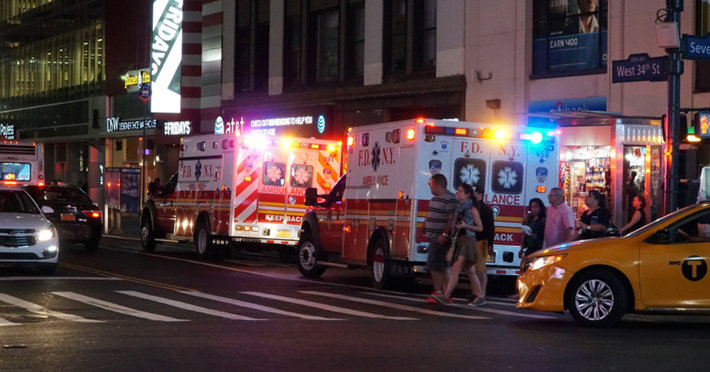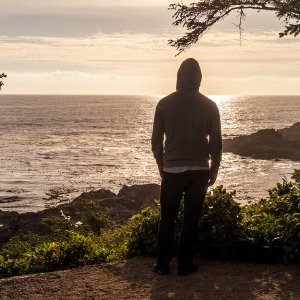Opioid Epidemic: A Professional’s Opinion

Did you know drug overdoses now kill more people annually than gun homicides and car crashes combined? In fact, the US life expectancy average declined in 2015 for the first time in decades, and experts are blaming drug overdose as a leading cause.
We’re talking 52,000 people dead in one year. That’s more drug overdose deaths than lives lost at the height of the HIV/AIDS epidemic of 1995. In 2012, US physicians wrote MORE prescriptions for opioid painkillers than there were ADULTS IN THE COUNTRY. Multiple states have more painkiller prescriptions written per year than there are PEOPLE in that state.
This is the worst drug epidemic we have ever seen.
I’ve worked diligently in the substance abuse treatment field for the last seven years. It is not a myth that most heroin addicts began their addiction to opiates with prescription drugs, and then moved on to heroin when they could no longer obtain or afford the pills. The influx of heroin and fentanyl into our country appears to be the direct result of national medical mismanagement.
Why is this not going away? Most drug trends fade as the “new drug” loses glamour, popularity, or simply gets cracked-down on hard enough to discourage it’s use and distribution. Yet we’ve seen nothing but rising statistics.
The origin of the problem seems to be pharmaceutical companies’ promotion of the drugs, and deception to attain wealth. This is followed by the over-prescription of drugs by physicians who also receive generous compensation and further business. Adding to this is the fact that the US is one of only two countries in the world which legally permits drug-manufacturers to advertise prescription drugs to consumers via the media. Also, our healthcare insurance system is geared towards monetary gain. And lastly, our “science-approved” system to “help” those who are addicted is based on an outdated and mostly unsuccessful model, emphasizing the prescription of drugs as the number one approach to treating addiction (also known as Medication Assisted Treatment or MAT). At the top of all of this, you have a governmental system actively allowing the merry-go-round to continue.
I’m not anti-government or anything like that. But these observations are apparent and can’t be ignored. It truly seems we “can’t see the forest for all of the trees” with this thing. Prescription drugs are advertised and pushed on people as a “solution” to their problems. Of course, you need insurance to be able to afford the doctor and pay for the pills. Then you get addicted and need substance abuse treatment, so you discover your insurance company will only pay for treatment at a crappy facility who will admit you for just long enough to prescribe drugs made by the same company who’s pills you were initially hooked on. That is, if they have a bed available. Of course, you don’t really get better, so the cycle perpetuates.
With financial giants like insurance companies and big pharma at the top of this food-chain, it’s pretty sickening to stand back and really look at it. Yes, people also purchase drugs illegally. That’s where the above cycle ends up after the addict is financially and morally bankrupt. Heroin is cheaper and more potent than pain pills.
I’m not attempting to remove responsibility from the addict. They absolutely chose that path. However, the pusher is not so much the shady guy on the corner anymore. People are downright searching out drugs to avoid the terrible withdrawals associated with opioids. And it does not help that the “experts” we entrusted with our care are the ones who sold us the poison.
We must get smarter than this. We’ve been lied to and don’t have to keep playing the game. Don’t trust everything you’re told and speak up when you don’t like what you see. You don’t even have to believe me. Check it out for yourself.


